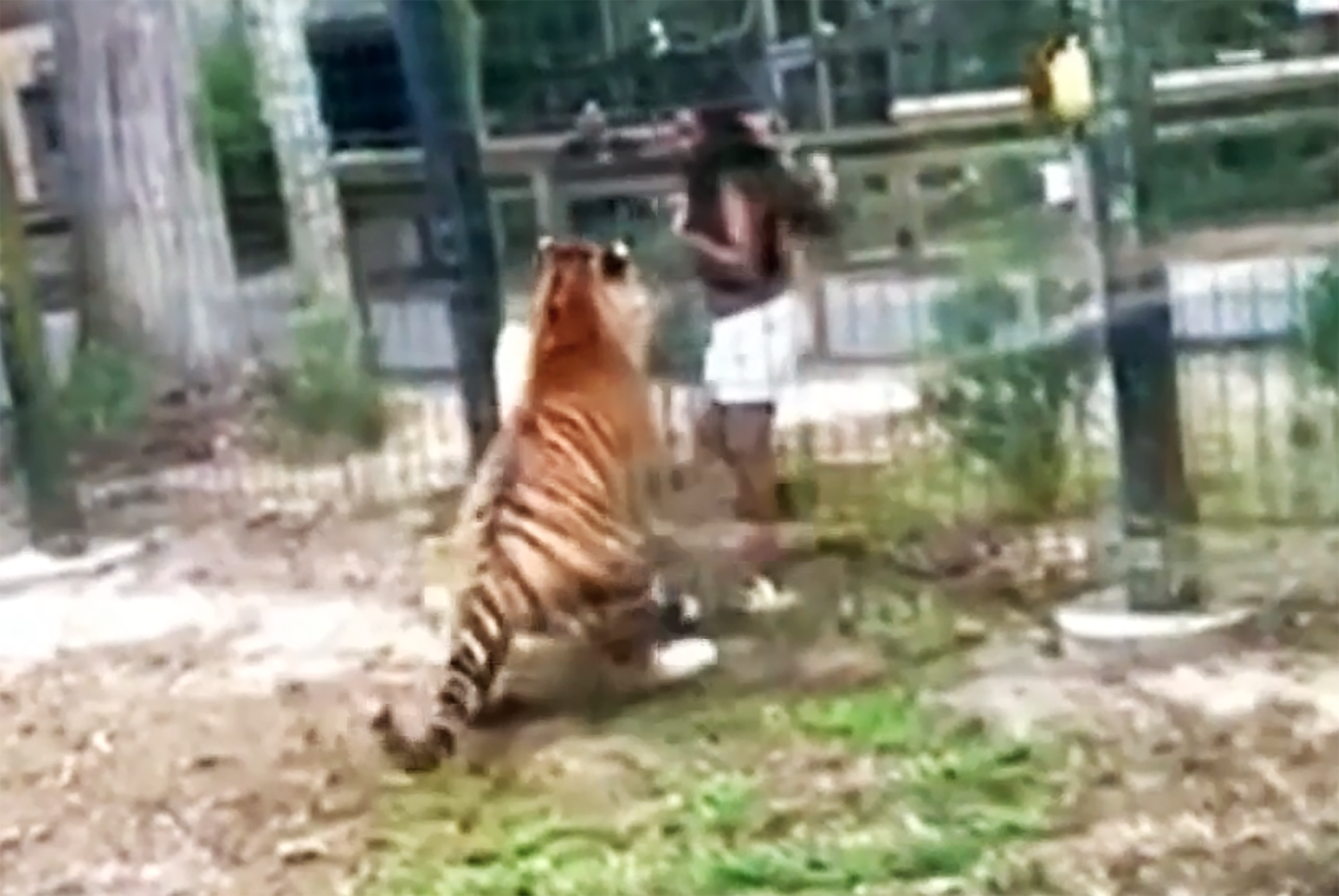UBC scientists say peach blossom jellyfish have been spotted in 34 places in B.C.
Published Sep 05, 2024 • 2 minute read

Invasive peach blossom jellyfish are blooming in B.C. waters, and University of B.C. scientists expect the numbers to climb because of climate change.
The small freshwater jellyfish clones, about the size of a quarter, have been spotted in 34 places in B.C., according to a study published this week in the Canadian Journal of Zoology.
The study was done by two scientists at UBC’s department of earth, ocean and atmospheric sciences: Dr. Florian Lüskow, and Dr. Evgeny Pakhomov, who also works at the Institute for the Oceans and Fisheries.
Advertisement 2
THIS CONTENT IS RESERVED FOR SUBSCRIBERS ONLY
Subscribe now to read the latest news in your city and across Canada.
- Unlimited online access to articles from across Canada with one account.
- Get exclusive access to the Vancouver Sun ePaper, an electronic replica of the print edition that you can share, download and comment on.
- Enjoy insights and behind-the-scenes analysis from our award-winning journalists.
- Support local journalists and the next generation of journalists.
- Daily puzzles including the New York Times Crossword.
SUBSCRIBE TO UNLOCK MORE ARTICLES
Subscribe now to read the latest news in your city and across Canada.
- Unlimited online access to articles from across Canada with one account.
- Get exclusive access to the Vancouver Sun ePaper, an electronic replica of the print edition that you can share, download and comment on.
- Enjoy insights and behind-the-scenes analysis from our award-winning journalists.
- Support local journalists and the next generation of journalists.
- Daily puzzles including the New York Times Crossword.
REGISTER / SIGN IN TO UNLOCK MORE ARTICLES
Create an account or sign in to continue with your reading experience.
- Access articles from across Canada with one account.
- Share your thoughts and join the conversation in the comments.
- Enjoy additional articles per month.
- Get email updates from your favourite authors.
Sign In or Create an Account
or
Article content

The jellyfish are not harmful to humans but they are concerning because they can harm Indigenous species by outcompeting, said Pakhomov in an interview Thursday from Germany, where he is on sabbatical.
“It may harm an ecosystem because it will eat plankton and deprive our fish from its food … this includes young trout and salmon,” he said.
They’ve been spotted as far back as 1990 but recently scientists say their numbers are increasing mainly in southern B.C. in Metro Vancouver, and on Vancouver Island and the Sunshine Coast, likely because of warmer water.
“If climate change leads to freshwater temperature increases across B.C., we will likely see wider spread. British Columbia is getting warmer and we see more jellyfish in the water, because jellyfish in the medusa stage only appear when water temperature is above 24C, ” said Pakhomov.
The medusa, or floating, stage is when this type of jellyfish can be seen in the water. Before that they are in the polyp form, which can be very difficult to detect, he added.
Pakhomov said an increase in the number of sightings had occurred during summer months with above-average temperatures.
Advertisement 3
Article content
Their study also indicates that if the warming trend continues, this species will expand to Northern Canada and Alaska.


Pakhomov said that all the jellyfish they have researched have been male with the same genetic material, which means they are clones that originated from the same cluster of polyps (the next stage of a jellyfish life cycle after larva.) As the polyp grows, it begins to create clones of itself and can live in this stage for years.
They can spread to other bodies of freshwater by boats or through streams that connect lakes, he said.
People who spot the peach blossom jellyfish should report the finding as this helps researchers like Lüskow and Pakhomov determine the prevalence and how that might impact juvenile salmon.
They can submit a report to iNaturalist, the Invasive Species Council of B.C., or send an email with photos to the researchers’ department at UBC.
Recommended from Editorial
-

Metro Vancouver steps up its war on invasive species
-

Conservation group says B.C. waterways under threat from invasive mussels and parasites
-

Butterfly sightings sharply down in Metro Vancouver, and scientists are not sure why
Bookmark our website and support our journalism: Don’t miss the news you need to know — add VancouverSun.com and TheProvince.com to your bookmarks and sign up for our newsletters here.
You can also support our journalism by becoming a digital subscriber: For just $14 a month, you can get unlimited access to The Vancouver Sun, The Province, National Post and 13 other Canadian news sites. Support us by subscribing today: The Vancouver Sun | The Province.
Article content
.png)
 2 weeks ago
18
2 weeks ago
18



































 Bengali (BD) ·
Bengali (BD) ·  English (US) ·
English (US) ·